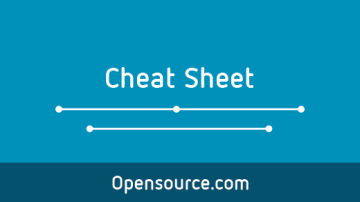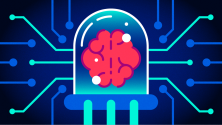A Postgres DevOps DBA plays a critical role in modern IT organizations that rely on Postgres as their primary database management system. The role of a Postgres DevOps DBA involves many responsibilities, skills, and tasks. A few of these include: Managing the database design and architecture, infrastructure management, ensuring high availability, security, and performing routine maintenance tasks (tuning, backup and recovery, and monitoring).
This article summarizes the common responsibilities and skills expected of a Postgres DevOps DBA in today's enterprise environments.
Database design and architecture
Two primary responsibilities of a Postgres DevOps DBA are database design and architecture. This role must have a greater understanding of the application's data storage requirements and the business logic involved. This knowledge includes designing and creating database schemas and tables. It also means configuring indexes and other database objects to optimize query performance, and choosing the right version of Postgres to use. The role must ensure the database is designed for scalability and maintainability, considering future growth and data retention needs.
Performance tuning
Another critical area of responsibility is performance tuning. A Postgres DevOps DBA must be able to identify and resolve performance issues by monitoring database performance metrics and analyzing query performance. The role must also have a deep understanding of the database and be able to configure it for optimal performance, including optimizing queries and indexes, tuning memory settings, and identifying and addressing performance bottlenecks.
Backup and recovery
Backup and recovery are also key areas of responsibility. The DBA must have a solid understanding of backup and recovery solutions and must design and implement a backup strategy that ensures that data is always recoverable in the event of data loss. They must also validate the recovery process and implement high-availability and disaster recovery solutions to minimize downtime and data loss.
Security
Security is another critical area of responsibility. The DBA ensures the database is secure by implementing access controls, encryption, and other security measures to protect the data. They must also stay up-to-date with the latest security trends and best practices and implement them to protect against potential threats.
Infrastructure management
Infrastructure management is also a key responsibility. These DBAs must manage the hardware, network, and storage infrastructure and provision the infrastructure to support Postgres. They must also configure the infrastructure for performance and availability and scale the infrastructure as necessary to accommodate data growth.
[ Related read: 3 tips to manage large Postgres databases ]
Automation and scripting
This role must be able to automate repetitive tasks such as backups, monitoring, and patching using tools like Ansible, Terraform, and Kubernetes. They must also be familiar with automation best practices to ensure tasks are automated efficiently and effectively. Automation reduces the potential for human error, improves efficiency, and allows the DBA to focus on more complex tasks.
Monitor and configure alerts
Monitoring the database and infrastructure and setting up alerts to notify them of issues is extremely important. The role must also take proactive measures to prevent downtime and data loss, using monitoring tools like Nagios, Zabbix, and Prometheus to detect potential issues.
Collaboration
In addition to these technical responsibilities, a PostgreSQL DevOps DBA must also collaborate with other IT teams, such as developers, operations, and security, to integrate the database into the larger IT ecosystem. The DBAs must also document their work and stay up-to-date with the latest trends and best practices in Postgres and DevOps. This involves engaging with stakeholders to gather requirements, establish priorities, and align the database with the organization's broader goals.
Wrap up
In conclusion, a Postgres DevOps DBA plays a critical role in modern IT organizations that rely on Postgres as their primary database management system. How do your current skills and expectations match this list? Are you on the right track to excel as a DBA in modern database environment?







Comments are closed.